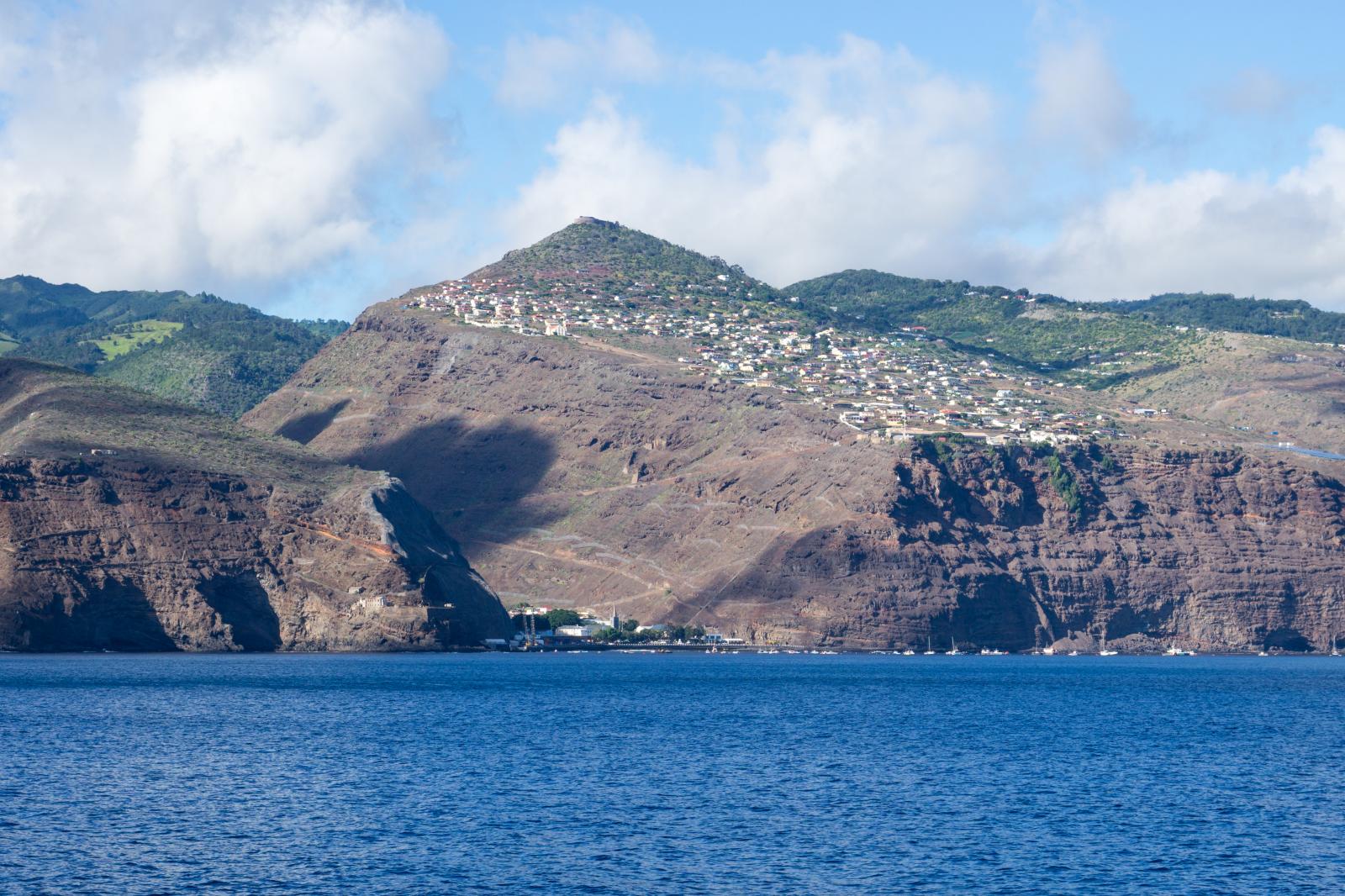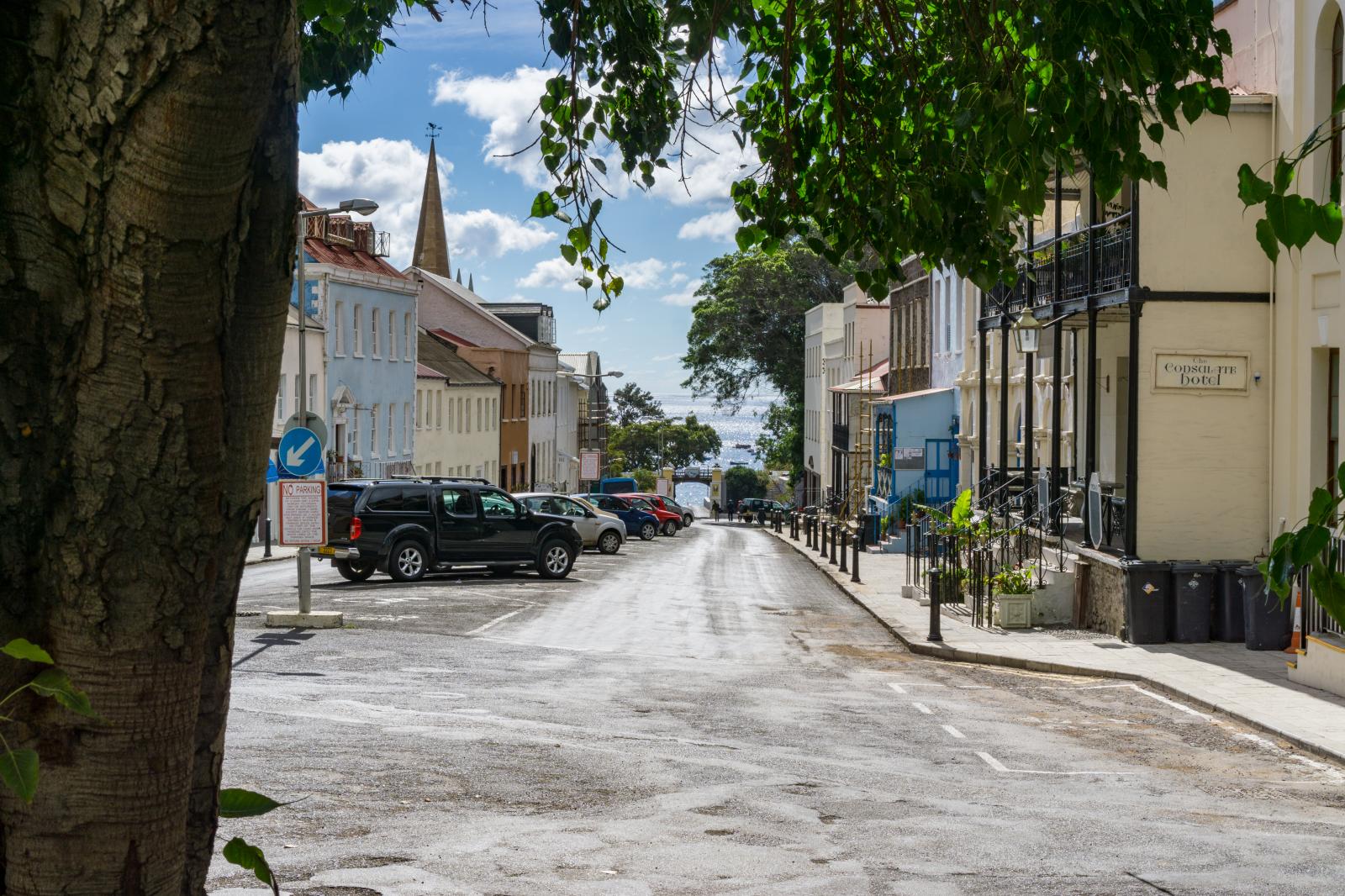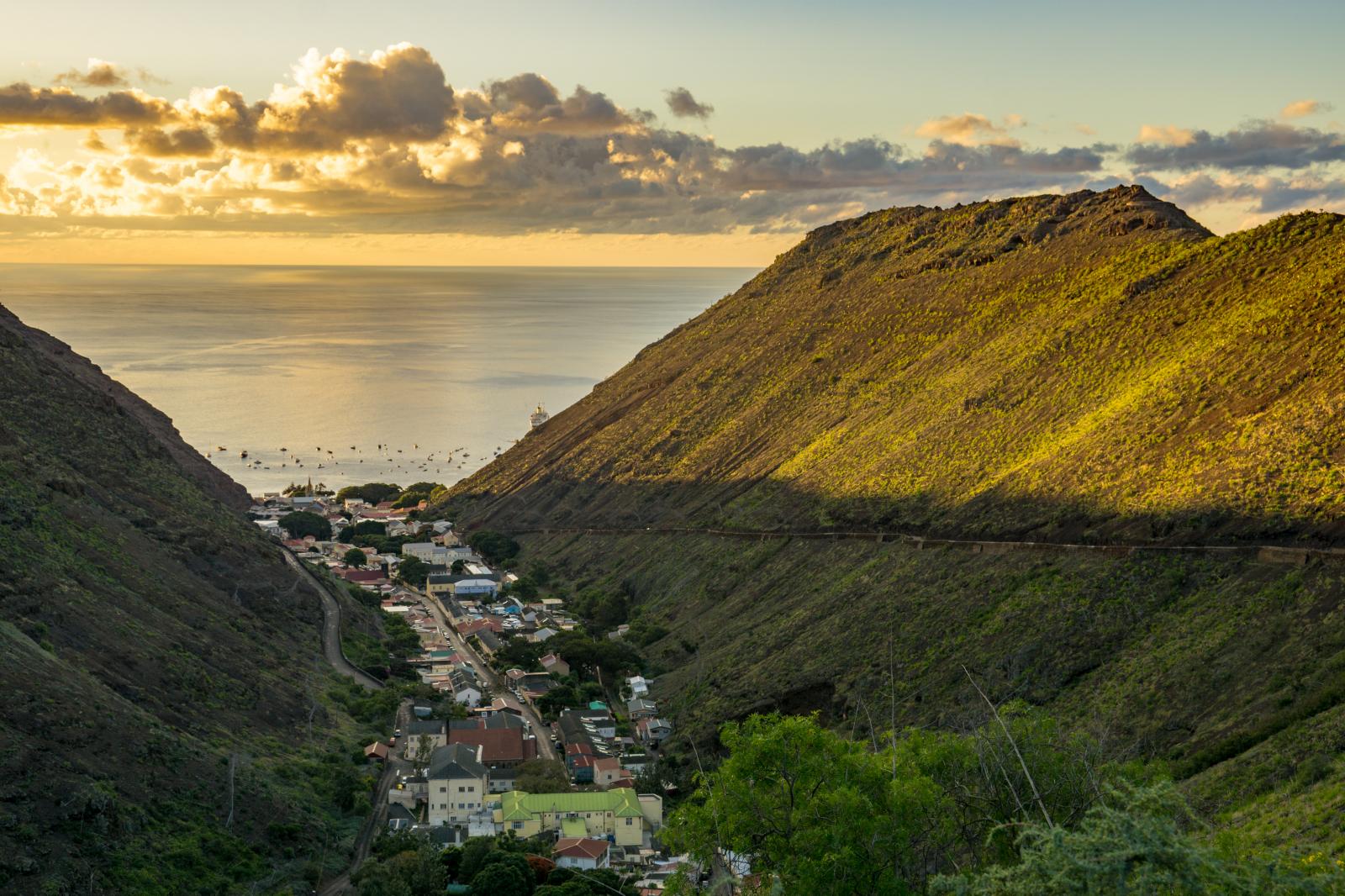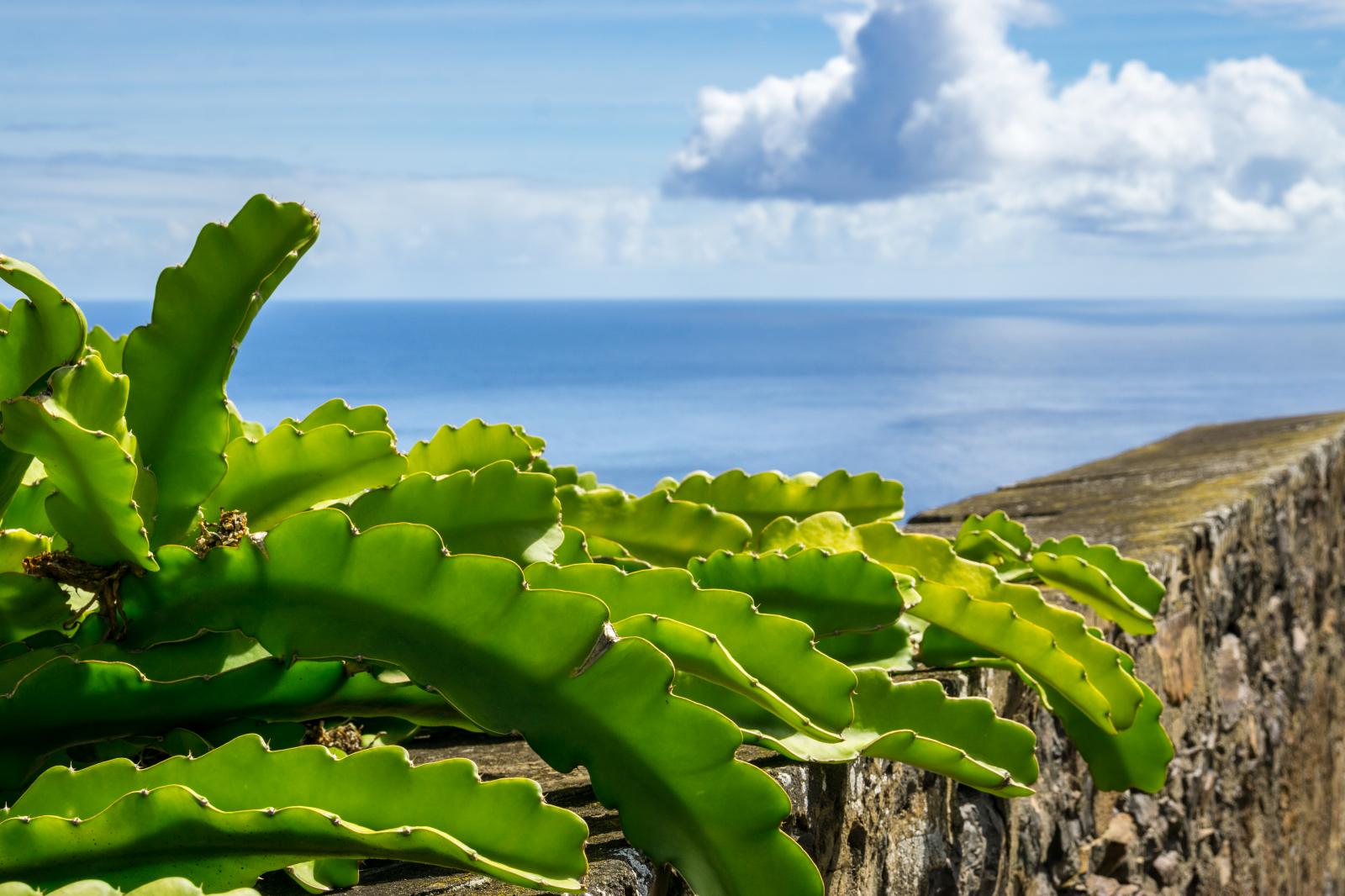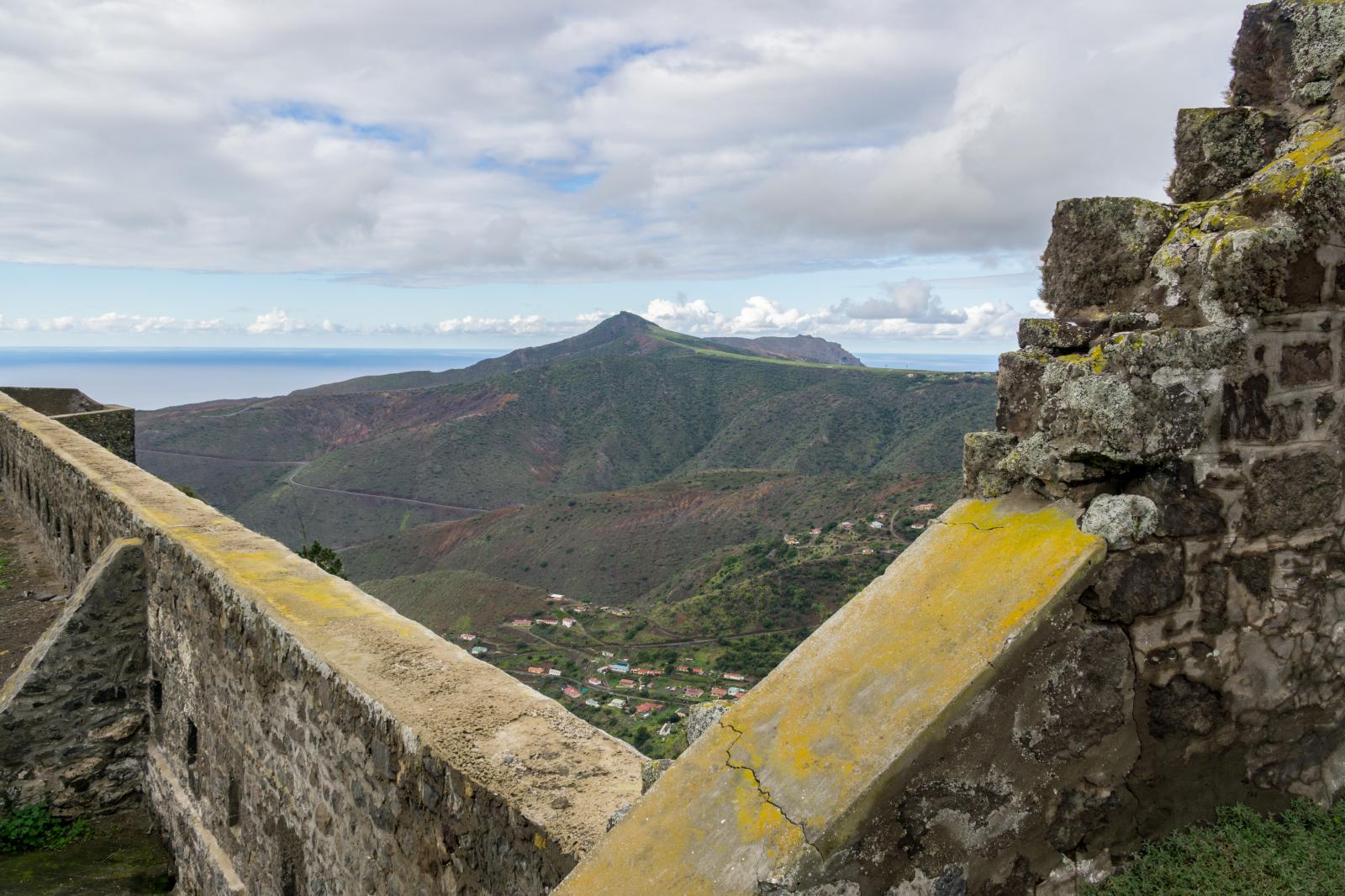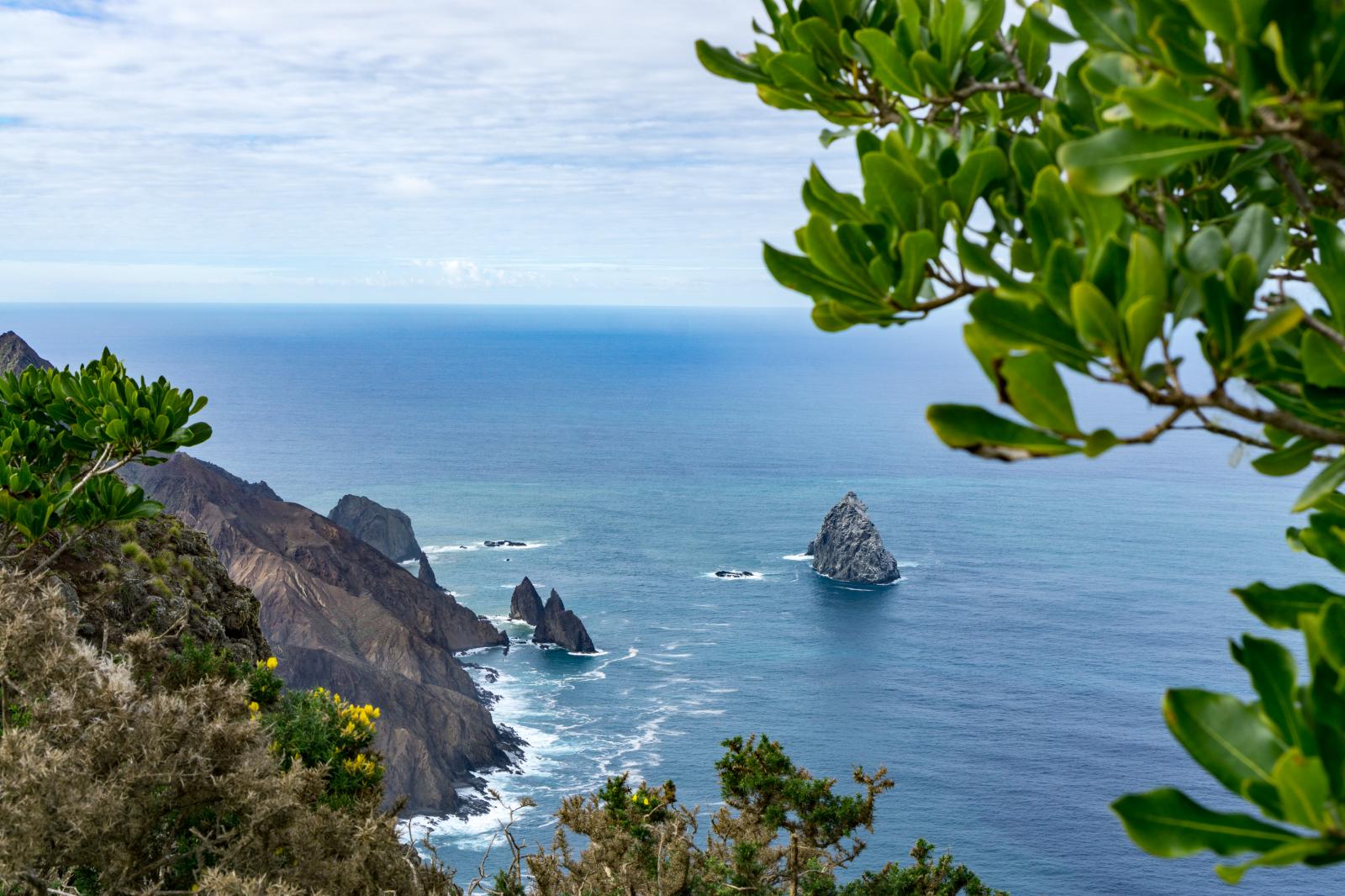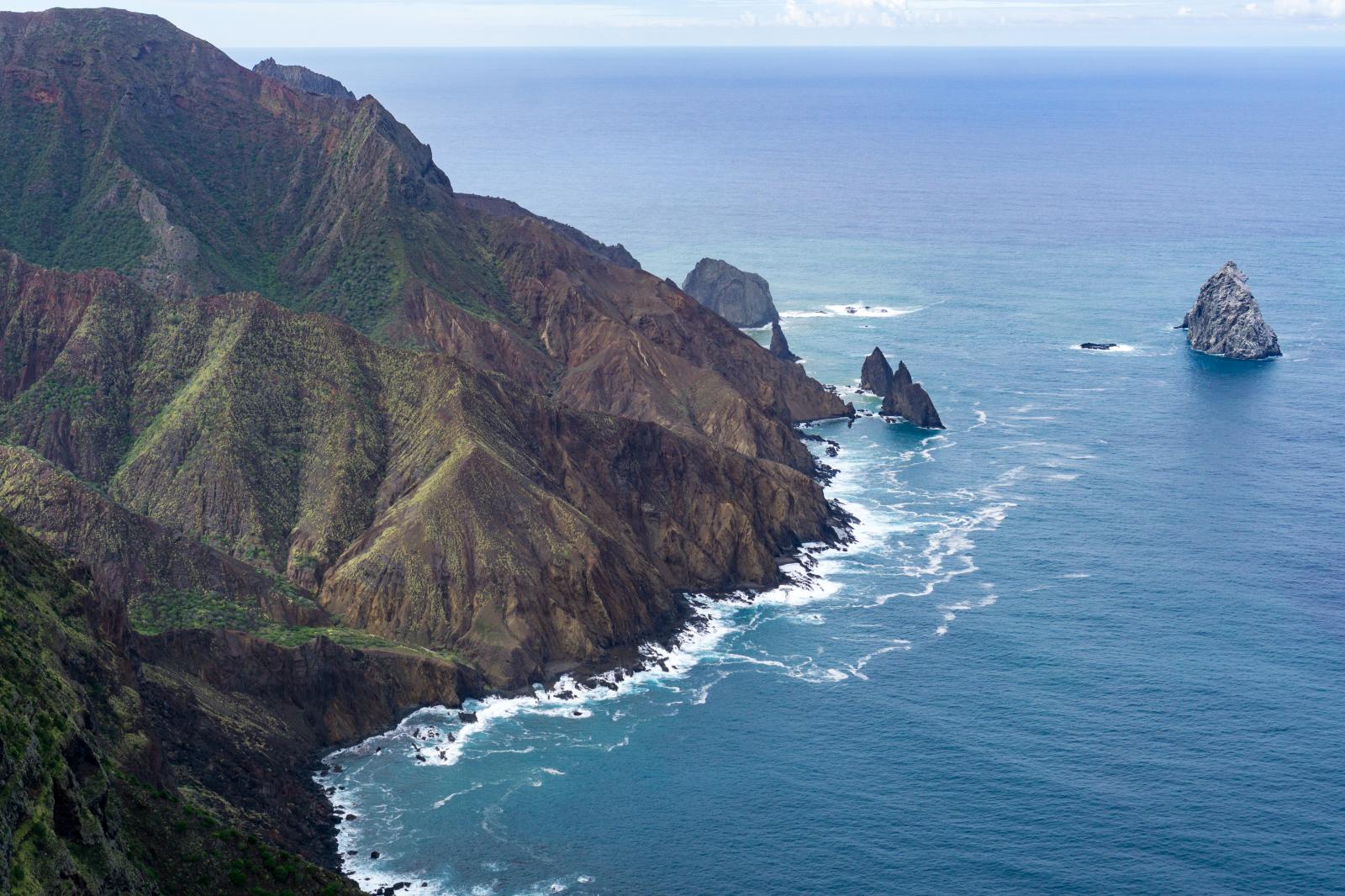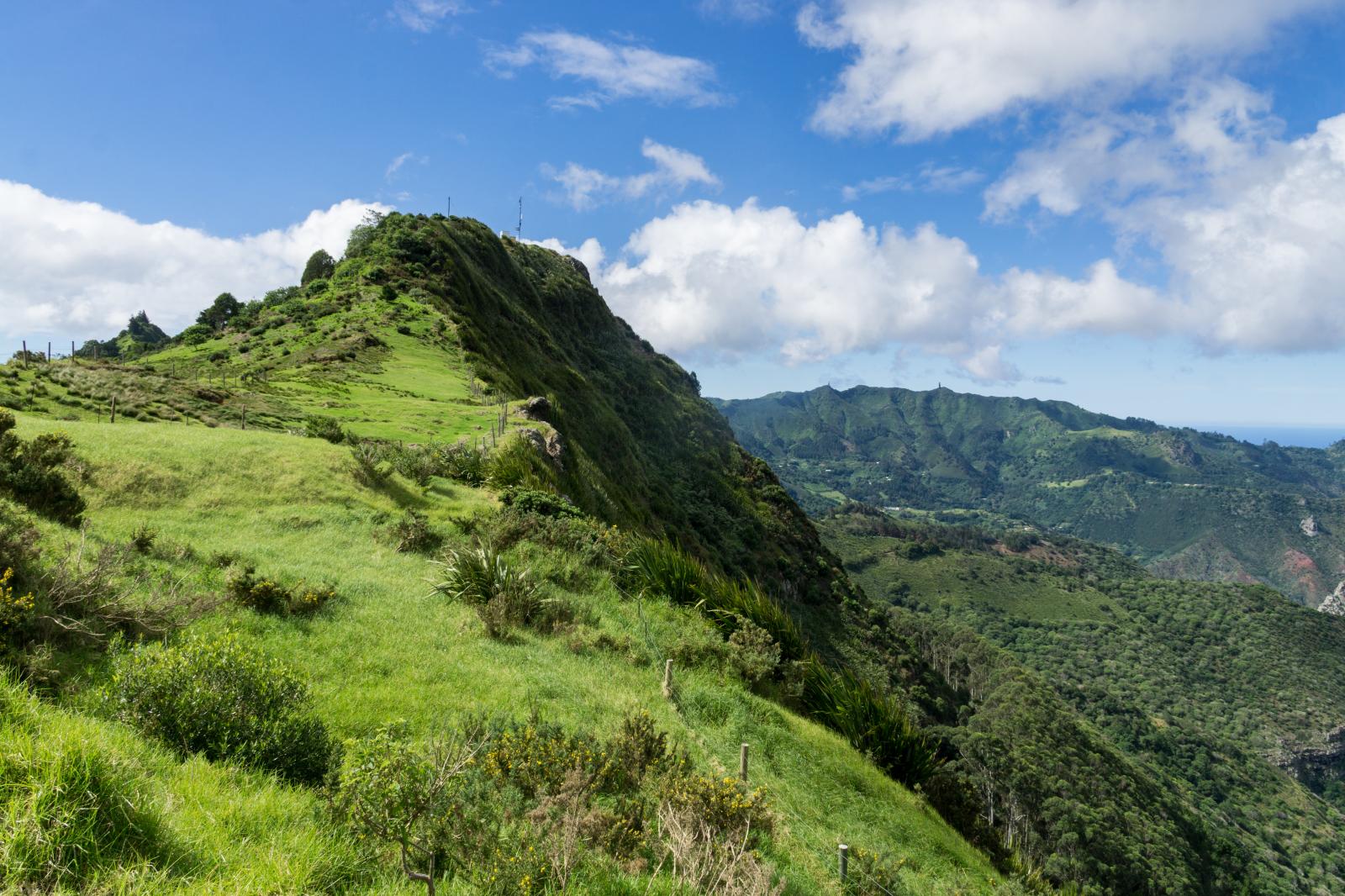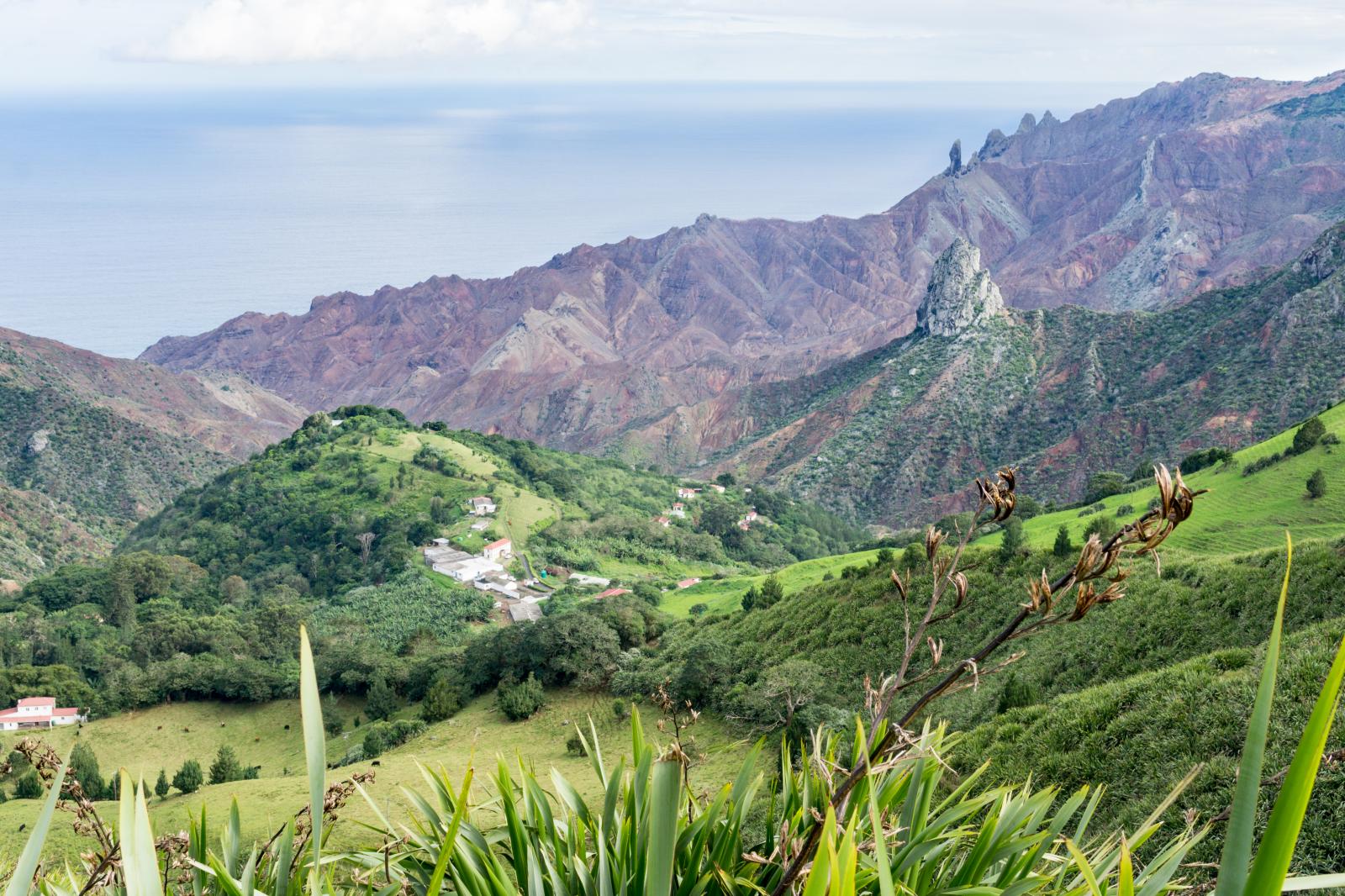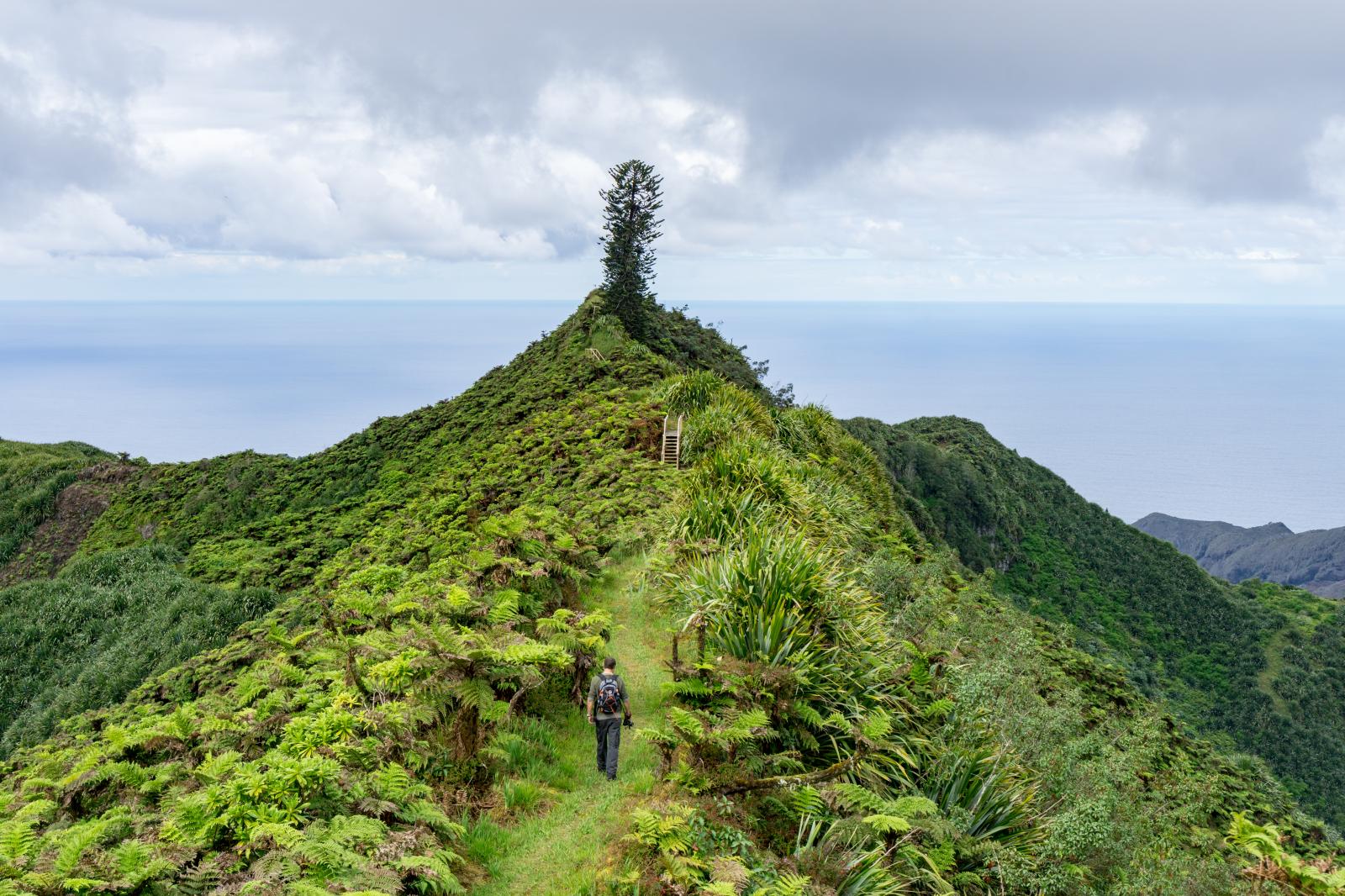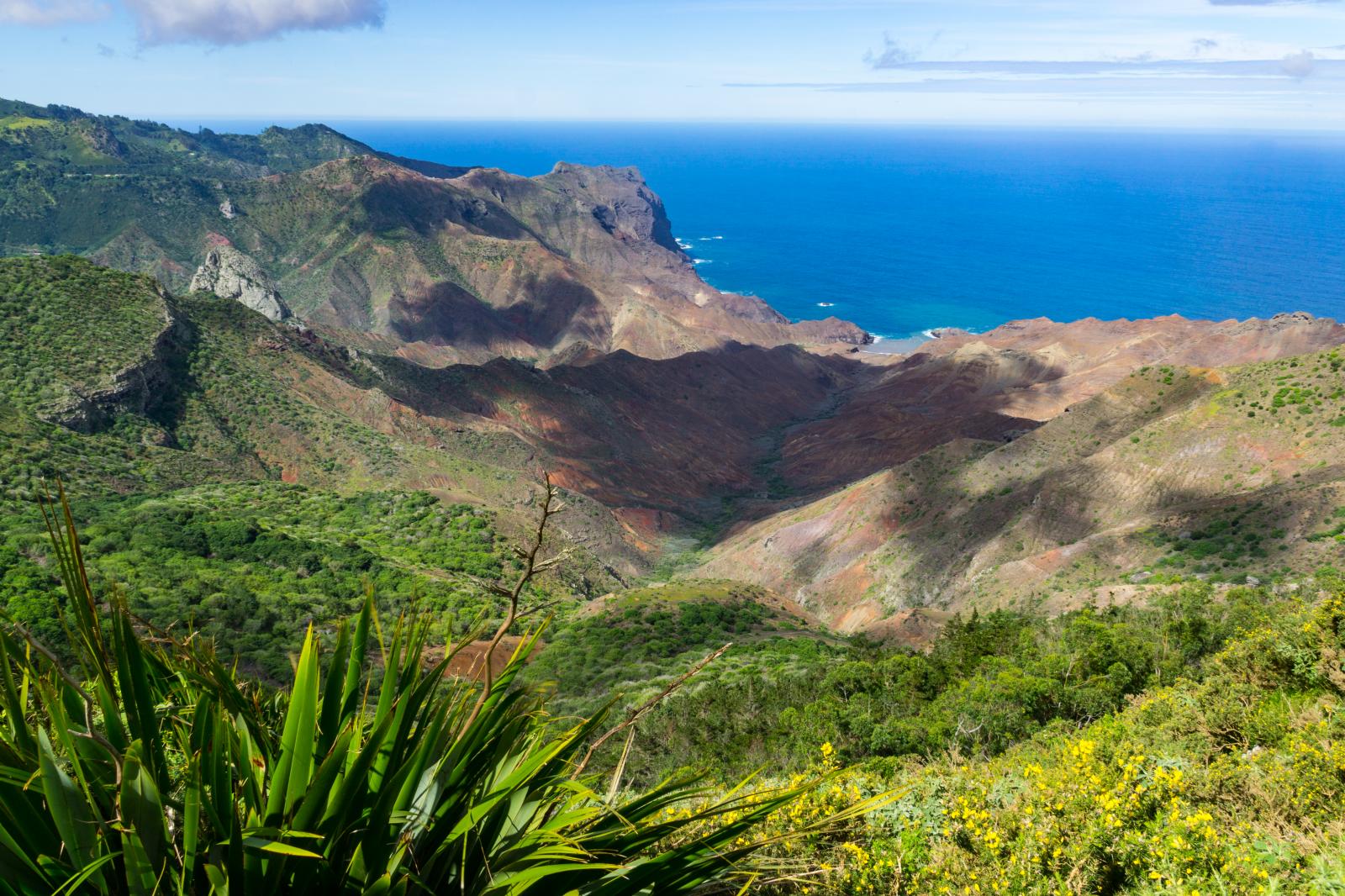Public Project
Isola di Sant'Elena
Esistono luoghi così remoti e nascosti da sembrarci addirittura irreali. Angoli di mondo talmente inesplorati che, una volta raggiunti, viene da chiederci cosa ci abbia portato fin lì. Chi arriva sull’isola di Sant’Elena, ci arriva portato dal destino. Un destino che, come una calamita, attira verso un viaggio tra i più suggestivi che il nostro pianeta possa offrire. Quello di Napoleone Bonaparte, per esempio, sta scritto a inchiostro leggero su un quaderno datato 1788. Alcuni suoi appunti di quando era ancora un allievo ufficiale rimangono troncati nel mezzo di una pagina e finiscono con queste parole: “Sant’Elena, piccola isola…”. Fa un certo effetto pensare che su quella minuscola porzione di roccia vulcanica nel mezzo dell’Atlantico egli sarebbe sbarcato da prigioniero ben ventisette anni dopo. Ai suoi occhi di esule quei pochi chilometri quadrati di territorio inglese non rappresentarono nulla di speciale “se non fosse per il caffè che vi si produce”. Tutto il contrario di come apparvero invece a Charles Darwin appena qualche anno dopo, quando a bordo del brigantino Beagle giunse sull’isola di ritorno dal viaggio che gli ispirò la teoria dell’evoluzione: un paradiso incontaminato con specie animali e vegetali uniche al mondo.
There are places so remote and hidden that they seem even unreal. Those who arrive on the island of Saint Helena arrive there brought by fate. A destiny that, like a magnet, attracts towards a journey of the most suggestive that our planet has to offer. Napoleon Bonaparte's, for example, is written in light ink in a notebook dated 1788. Some of his notes from when he was still an official student remain truncated in the middle of a page and end with these words: "Saint Helena, small island ... ". It has a certain effect to think that on that tiny portion of volcanic rock in the middle of the Atlantic he would have landed twenty-seven years later as a prisoner. In his eyes of exile those few square kilometers of English territory represented nothing special "if it were not for the coffee ". The opposite of how they appeared to Charles Darwin just a few years later, when on board the brigantine Beagle arrived on the island returning from the journey that inspired him the theory of evolution: an uncontaminated paradise with animal and plants unique in the world.
8,604

